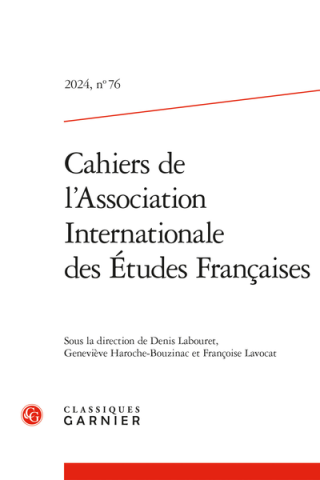
La Nachträglichkeit (« l’après-coup ») de Freud est un renversement de l’anagnôrisis de Platon dans le Théétète, ou de la reconnaissance qui caractérise la tragédie aristotélicienne. La Nachträglichkeit est proleptique, quand l’anagnôrisis est analeptique : elle construit le sens après-coup au lieu de le reconnaître comme ayant existé essentiellement au préalable. Ainsi certains lais bretons du xiie siècle illustrent la nature anti-tragique du conte en mettant en scène l’« eucatastrophe » de Tolkien.
Freud’s Nachträglichkeit (“afterwardsness”) is a reversal of Plato’s anagno- risis in the Theaetetus, or the recognition that characterizes Aristotelian tragedy. Nachträglichkei is proleptic, whereas anagnorisis is analeptic: it constructs meaning after the event rather than recognizing it as having essentially existed prior to it. In this way, certain twelfth-century Breton lays illustrate the anti-tragic nature of tales through their use of what Tolkien called “eucatastrophe.”
